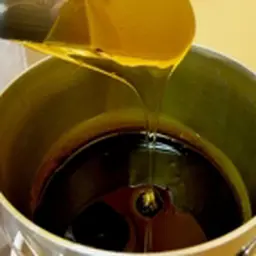
The harmfulness of aluminium salts towards the human body is more and more agreed upon by scientists, and raises concerns of cosmetics consumers. How to avoid them? What are the alternative solutions, and, above all, how efficient are they? The Swiss French-language Television (TSR) has had twelve aluminium-free deodorants tested by a laboratory, to get an answer. It supplied us with the results.
Since some time, the aluminium salts, which are a main factor in the anti-perspirants’ efficiency, are under scrutiny. Efficient, yes, even very efficient, as they block the natural process of sweat production, hence, the unpleasant odours, and sweat-stained clothes. However, suspicion is strong that they are dangerous to our health, due to the easiness with which they enter our skins. Indeed, their cutaneous penetrating power is not that negligible, and even more important when skin is damaged or irritated (after shaving or hair-removal, for instance.)
Once the cutaneous barrier is crossed, the aluminium they contain can attach itself on our organs, which could develop or favour several kinds of diseases: for instance, it is suspected to be a factor in breast-cancers and to disrupt the functioning of our nervous system and of our brain. It could even be involved throughout the process of degeneration of the latter, in the Alzheimer disease.
As early as January 2009, though this site was only few weeks old, the CosmeticOBS-L’Observatoire des Cosmetiques released a paper on this same topic to give the information and warn its readers on the difference between anti-perspirants and “true” deodorants (which do not contain aluminium salts.)
Confirmed toxicity
Quite …













